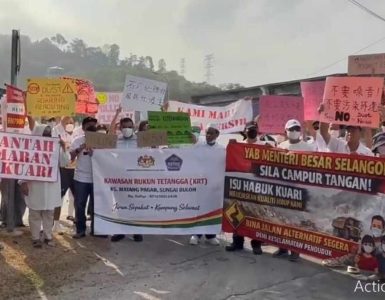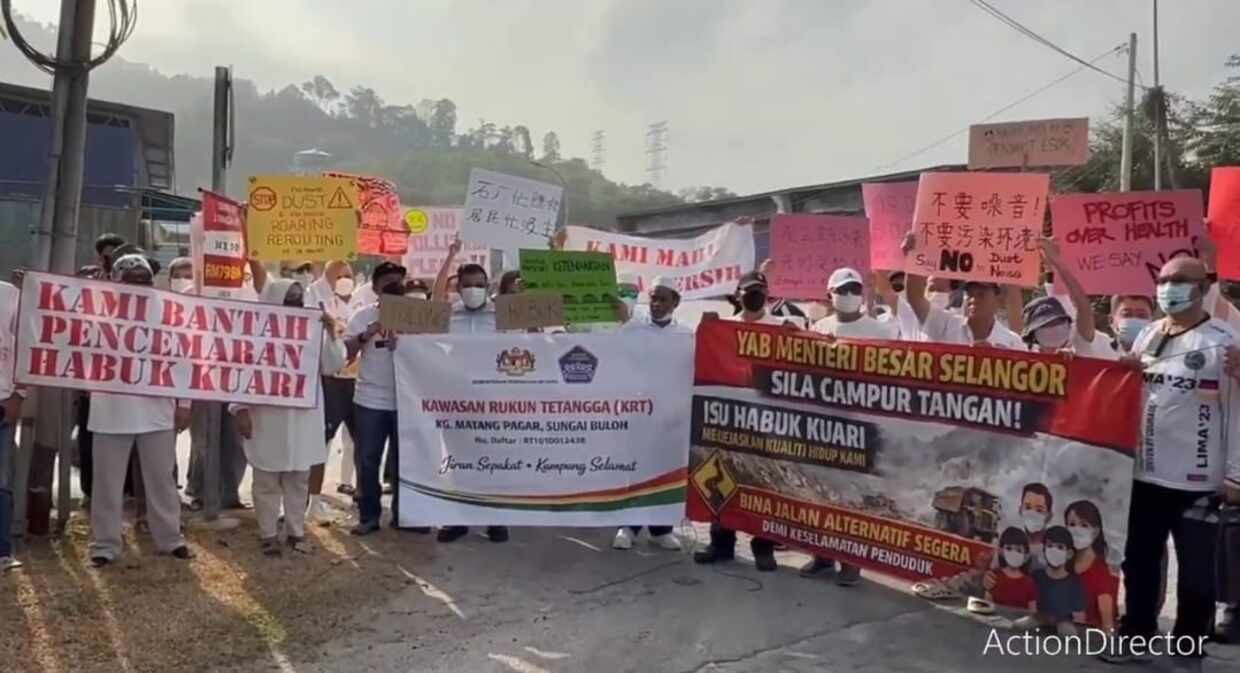I refer to the report “S’pore’s long-term prospects depend on right policies, right politics”.
I was watching the documentary movie “Inside Job”, which won the Best Documentary Award of the New York Film Critics Circle, on the flight back to Singapore from Monaco.
What struck me was that there may be some similarities between the circumstances and events leading to and following the recent financial crisis, in the US and Singapore.
Issues that matter?
Longest working hours:
Americans are working the longest hours ever in history.
Singaporeans are also working the longest ever in our history – in fact, Singaporeans now have the longest hours worked per week in the world, at 46.6 hours. (Report on Labout Force in Singapore 2010 and 2010 Census )
Widening income gap
The income gap is the highest ever in American history.
The income gap between the rich and poor as measured by the Gini coefficient, at 42.5 in 2009, for Singapore, has been ranked as the second highest amongst 38 countries with very high human development.
Relentless economic growth
The United States had an almost 40-year economic boom.
Singapore has also had one of the best economic booms in the world over the last 40 years or so.
Record debt levels
Debt levels just before the crisis, were at their highest ever in the US.
So are debt levels in Singapore.
To what extent has our highest public housing home ownership rate in the world of over 85 per cent, contributed to Singapore’s debt levels?
Predatory lending?
Moneylenders were allowed to charge whatever interest rates they liked last year, against the previous cap of 18 per cent per annum.
The number of pages of advertisements offering credit in a daily newspaper, tripled over the last year or so.
Credit card debt is at a record high in Singapore, as was the case in the US before the collapse.
About 1.2 million people in Singapore hold credit cards, with the total number of cards at about six million, plus another 1.2 million supplementary cards.
About 300,000 Singaporeans have not paid their credit card bills in full for more than three consecutive months, and about 59,000 may be delinquent as they do not even pay the minimum required every month.
Estate tax abolished
Estate tax, income and other taxes were cut in the US.
Estate tax has been abolished in Singapore and income tax rates for high earners have been cut too.
Pay conflicts of interest?
One of the primary causes of the financial crisis was the conflict of interest of the financial sector giving political contributions, consulting work, board seats, and lobbying politicians in the US, to allow the relentless growth of the industry and the economy, with minimal check and balances or regulation – in particular the compensation packages of CEOs, senior corporate officers and board members.
Singapore’s politicians are the highest paid in the world
Could paying a GDP bonus to Ministers be a possible conflict of interest, as it may be an incentive to grow the economy regardless of the social consequences, such as foreigners taking Singaporeans’ jobs, housing, etc.
The parallel here may be akin to the US financial sector’s relentless growth in booked profits and pay, regardless of the risks and undesirable consequences to consumers and citizens.
Independent academic research
Conflicts of interest whereby academics in the US were paid handsomely by the financial sector, would have compromised the independence of their research.
When was the last time that you read in the media in Singapore, a well-researched critical academic analysis on the more contentious issues affecting Singaporeans, such as those related to the CPF, HDB, healthcare affordability, etc?
Sub-prime crisis
Just before the financial crisis, the sub-prime delinquency rate in the US was, I understand, less than seven per cent.
In contrast, HDB Concessionary and HDB bank loans in arrears over three months have been estimated to be as high as seven per cent historically (HDB bank loan statistics are not available, and HDB loan statistics have only been sparingly disclosed occasionally, as and when questions are asked in Parliament).
Given the above parallels between Singapore and the US before and after the financial crisis, what does the future hold for Singapore’s long-term prospects, and are we pursuing the right policies, right politics?












